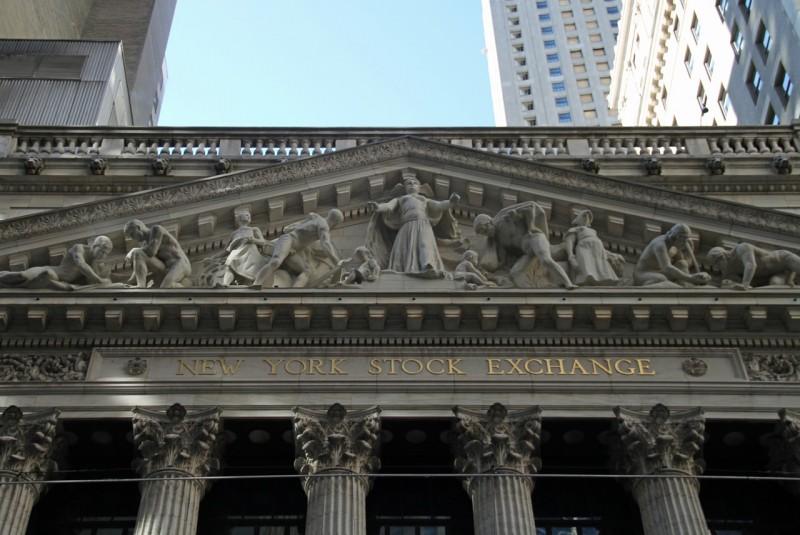Popular Posts
Net asset value (NAV) is the total value of the investments owned by a mutual fund after subtracting costs, expressed in dollars per share.
Investment companies own dozens or hundreds of individual company stocks, bonds and other investments on behalf of their clients. The amounts and values of each holding in a given fund can vary daily.

Fund companies also have costs associated with doing business, such as salaries, bonuses and marketing, as well as fees they charge their clients for investment management.
Investors in mutual funds buy units or shares in the fund. Since the underlying investments in a fund can be numerous and complex, the value of a single share is calculated at the end of the trading day and published. That number is the fund’s net asset value.
Net asset value is most useful for understanding the current “fair value” of a mutual fund, minus costs and ignoring the unknowable value of a given fund manager’s investment skills.
Net asset value clears up two very complicated problems in valuing a mutual fund: How much in investments do they own, and how much do they spend on running the fund?
Mutual fund managers don’t normally want to share information on how much they own of specific investments. Divulging their chosen mix of stocks and bonds could put them at a disadvantage when trading and result in losses if the information gets out.
Funds also don’t share specific data on their cost of doing business. They are required to disclose fees, of course, but accurately applying fee ratios to an entire fund can be difficult for outside investors.
Net asset value solves both problems. A single number capture assets and liabilities and gives investors a starting point for deciding whether to buy or sell a fund.
In practice, if you buy a fund during the trading day the price you will get will be the net asset value published at the end of that day, after trading hours.
However, if you invest in closed-end fund, it’s possible to buy the fund during the trading day as you would a stock, while the price fluctuates.
As a result, the price you pay for a closed-end fund could be higher or lower than the current net asset value of the fund. This suggests that you are paying a premium for — or getting a discount on — the fund’s investment assets and, presumably, on the skill of the fund’s managers.